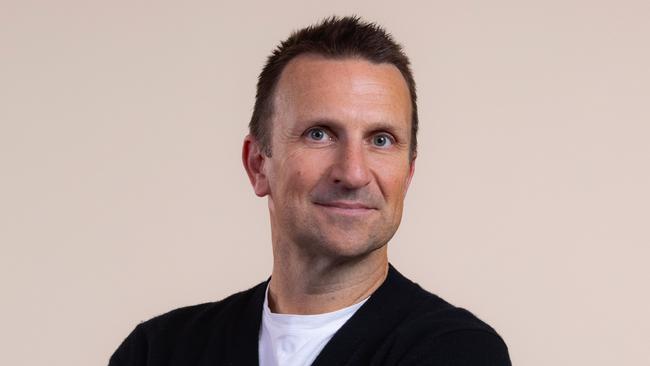Cultural relevance and power could become a key metric for brands
The launch of a tool to assess a brand’s cultural power and identify ways to better engage with communities, has raised the age-old question, do brands have a right to be part of culture?

A brand’s ability to embrace, enrich and inspire culture could become a significant metric of its health and value, if global advertising agency group M+C Saatchi has its way.
The group, which began as an advertising agency in 1985 when iconic admen Maurice & Charles Saatchi, along with Jeremy Sinclair, Bill Muirhead and David Kershaw, left Saatchi & Saatchi to launch a new firm, has recently repositioned its business around the idea of cultural power.
The new positioning aims to enable the integrated agency group to help brands navigate the fragmented media and cultural landscape by creating and curating cultural relevance.
To back up its ambitions, M+C Saatchi have invested in a proprietary tool, The Cultural Power Index, which is designed to help marketers and brands assess their strengths and weaknesses and identify opportunities to better engage with culture and communities.
The index will serve as a guide to a brand’s relevance and impact within culture, and could become a metric to gauge a brand’s overall health and value, according to M+C Saatchi Group APAC CEO Justin Graham.
“The ambition to have a cultural power metric that might one day sit on a business’s balance sheet that you can invest in, would be a great way to go and have a conversation with a CFO around the importance of investing in brands in whatever that might be,” he said.
“Whether you’re the biggest spender, the largest brand in the country, or you’re an emerging brand, the principles are largely the same. You need to understand the cultural forces that exist in the market to fuel desire, demand and drive brand growth overall.”
The move comes amid a rapidly changing cultural landscape and fragmented media channels where brands are increasingly at the mercy of fast-moving trends, influencer power and the explosion of cancel culture. Understanding how to communicate with consumers in relevant and authentic ways has become hugely important to a brand’s ability to succeed and grow.
However, the tool and the global repositioning — which has also seen the agency group abandon its iconic ampersand and adopt a plus sign in its place — poses the eternal question, do brands have a right, and the clout, to show up authentically in culture?
“There are certainly brands that are chasing culture and that would never be our advice around that piece,” said Mr Graham. “Brands do have a right to be part of culture and that helps them to drive resonance, but you can’t just show up in any space.
“You can’t just be visible. You need to be resonant in that space and relevant in that space. I think brands have definitely lost relevance in culture to that point. Whereas, way back in the day, they just had more relevance in culture because they had a different standing in society.”
The current explosion in brands investing in experiences, such as pop-ups and branded zones at events, is a sign of the huge desire from businesses to follow consumers into their passion areas and provide memorable moments to build connections.
The increase in branded experiences at events such as the Australian Open and F1 Grand Prix this year, were an indicator of the brand appetite for new forms of engagement, said Mr Graham.
“The focus around broadcast-based communications to deliver audience engagement will always be true and we will always do advertising and continue to use those channels,” he said.
“But, I think there’s always going to be an opportunity for brands to bring people together. I would say more so now than ever. As humans, we just yearn for deep connection around shared interests. We call them passions, shared interests, effectively.
“And I hope in terms of the future of humanity that that will continue to be a driver for how we come together. And within that then brands can play a really critical role around positively bringing people together in that space.”
Mr Graham said M+C Saatchi’s Sport & Entertainment business was becoming a key growth area within the group’s integrated offering.
“Our sport and entertainment agency is very deep in thinking about what are the passions that allow consumers to engage with brands, how do we use those passion points better, live sport, entertainment, music and … the whole ecosystem that exists around that. That’s what’s energising everyone here at the moment.”


